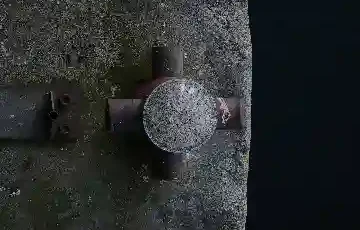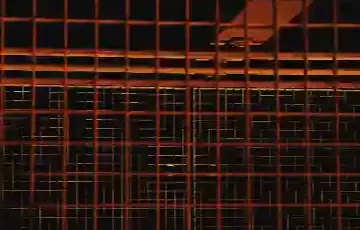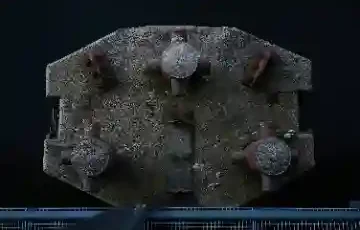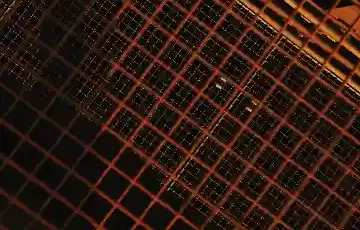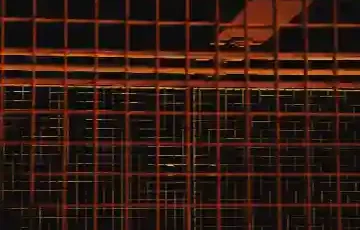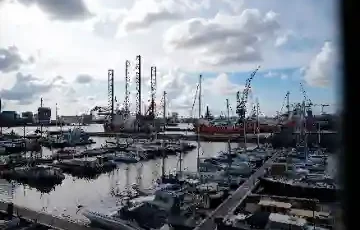
Understanding the New National Process Regulation for Short Proceedings
What Is the New National Process Regulation for Short Proceedings?
The Dutch legal system is set to experience a significant change with the implementation of the new National Process Regulation for short proceedings in courts, effective from January 1, 2024. This new regulation marks a consolidation of the existing National Process Regulations for short proceedings in commercial/family courts and cantonal courts.
Key Changes in the New Regulation
Simplification of Legal Documents
One of the notable changes is the simplification in the categorization of documents. The new process regulation introduces two categories: process documents and messages. Notably, evidence documents (productions) are explicitly included under process documents as per Article 1.2 (definitions).
Submission and Timing of Process Documents
Process documents on which a party wishes to rely must be submitted in a single copy, unless otherwise specified by the clerk (Article 3.12). The submission timing is also crucial:
- A copy of the served summons along with corresponding evidence must be filed as soon as possible, but no later than three working days before the oral hearing (Article 5.3).
- Other process documents should be filed promptly, incorporating a 24-hour rule (Article 3.18).
Removal of Pro Forma Adjournment
The regulation also eliminates the pro forma adjournment, traditionally used for updating the court on settlement negotiations. However, this function remains materially intact, as seen in Article 10.10.
Impact on Legal Professionals and Litigants
Streamlining Court Processes
This unified regulation is expected to streamline procedures in Dutch courts, particularly benefiting legal professionals and litigants involved in short proceedings. The simplification of document categories and clear guidelines on submission timelines are likely to enhance efficiency.
Legal Community’s Response
The response from the legal community, including court officials, lawyers, and litigants, will be instrumental in determining the effectiveness of these changes.
FAQs
Q1: What is the main purpose of the new process regulation?
A1: The regulation aims to unify and simplify the procedural rules for short proceedings in Dutch courts, enhancing efficiency and clarity.
Q2: How does the new regulation affect the submission of legal documents?
A2: It introduces a simplified categorization of documents and specifies clear guidelines for their submission, including timelines.
Q3: Will the pro forma adjournment still be available under the new regulation?
A3: While the pro forma adjournment is formally removed, its material function remains available as outlined in Article 10.10.



